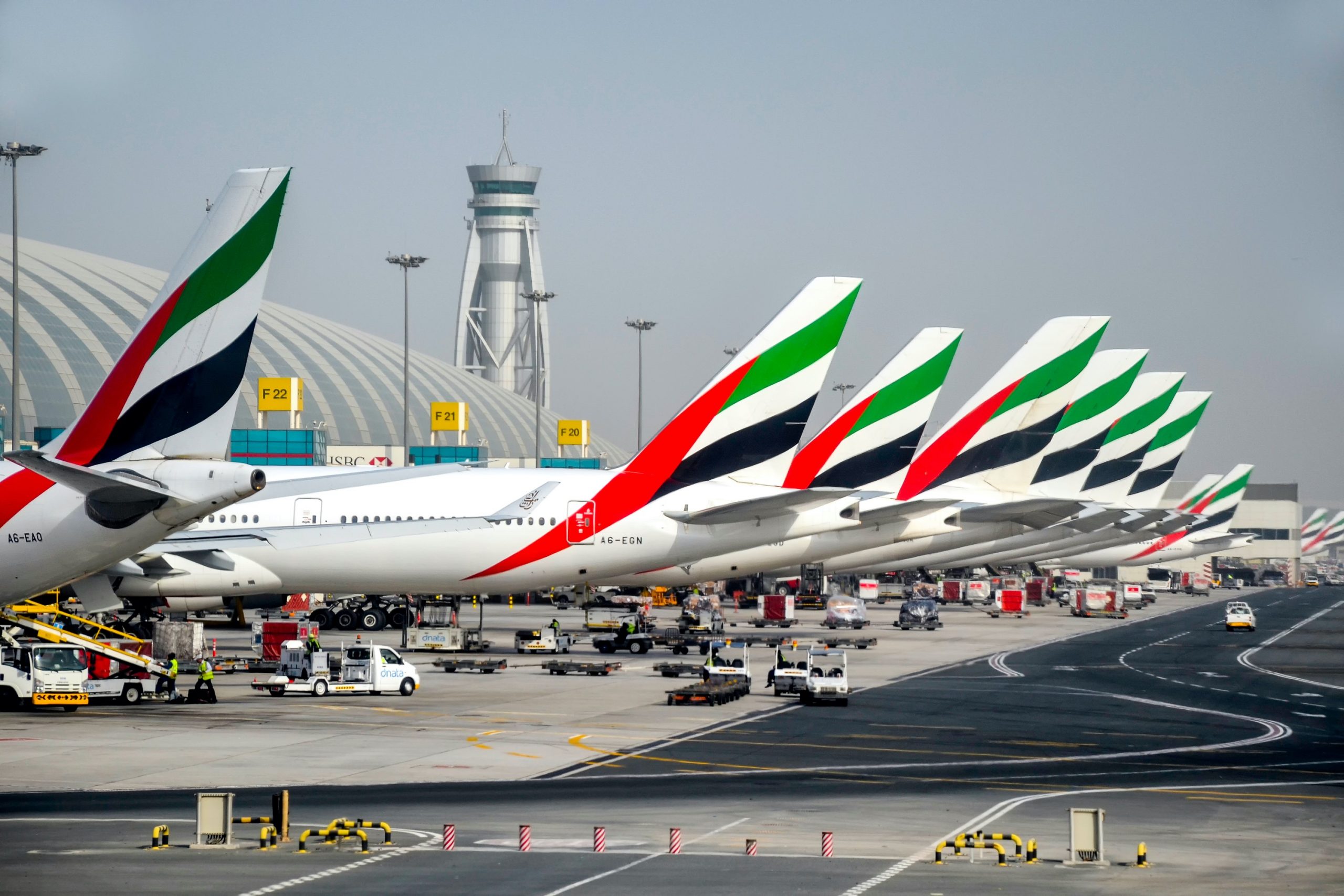With Dubai among the first cities in the world to move to paperless verification of testing and vaccination records for travelers, it raises the question: what needs to happen next?
Passengers who have had a PCR (nasal swab) test in Dubai can now check in on an Emirates flight without having to show a hard copy of their test result. If they have been vaccinated at a Dubai Health Authority (DHA) facility in Dubai, all their documentation, including their PCR test results, can now be synchronized at check-in.
The information will also be matched up with the entry requirements at their destination and once check-in is complete, the information will be discarded.
The digital verification and integration system comes into operation less than two months after Dubai Health Authority and Emirates signed a cooperation agreement – the first of its kind between a government health department and an airline.
Anyone getting PCR tests or vaccinations outside the emirate of Dubai will need to provide physical travel documents at check-in.
At the beginning of April, the International Air Transport Association (IATA) called on governments in the Middle East to work together to develop plans to safely connect their citizens, businesses and economies to global markets when the Covid-19 situation permits.
Data from IATA shows January air passenger traffic in the region was down 82.3 percent compared to January 2019. The ongoing crisis puts over 1.7 million jobs in the Middle East and $105 billion in GDP at risk.
“Restarting safely after a year or more in lockdown will need careful preparations. Not a day should be lost once the epidemiological situation enables a re-opening,” said Kamil Al Awadhi, IATA Regional Vice President for Africa and the Middle East.
“At the national level it is important that governments work with industry, so everyone understands the benchmarks that need to be achieved to facilitate the lifting of travel restrictions. And at the regional level, where traffic is expected to ramp-up first, it is critical that governments are talking to each other so that all parties are aligned and ready for a restart.”
IATA says airlines should be getting ready by providing refresher training for crew and technical team who may not have worked for most of the past year and also ensure their infrastructure can cope with what is expected to be a big surge in demand. Countries should also ensure that their standards are accepted by regional neighbors.
Testing and vaccinations will play a role in opening borders to travel as the pandemic comes under control. Simple, efficient, and harmonized standards for what credentials people will need to travel will also be essential, both to boost consumer confidence and strengthen recovery in the travel sector.
The International Civil Aviation Organization has recently approved requirements for Covid-19 test certificates which would be accepted the world over, including in digital version. The Gulf region is already primed, said Al Awadhi.
“With Qatar Airways already piloting the IATA Travel Pass and Emirates, Etihad and Gulf Air signed up for trials, the Gulf is at the forefront of preparations.”
As for who pays for measures such as mandatory testing and quarantine regulations, IATA’s position is that they should be borne by governments, not airline passengers. The body warns that passing that extra financial burden on to the traveler would reverse decades of progress in making flying more affordable for more people.






